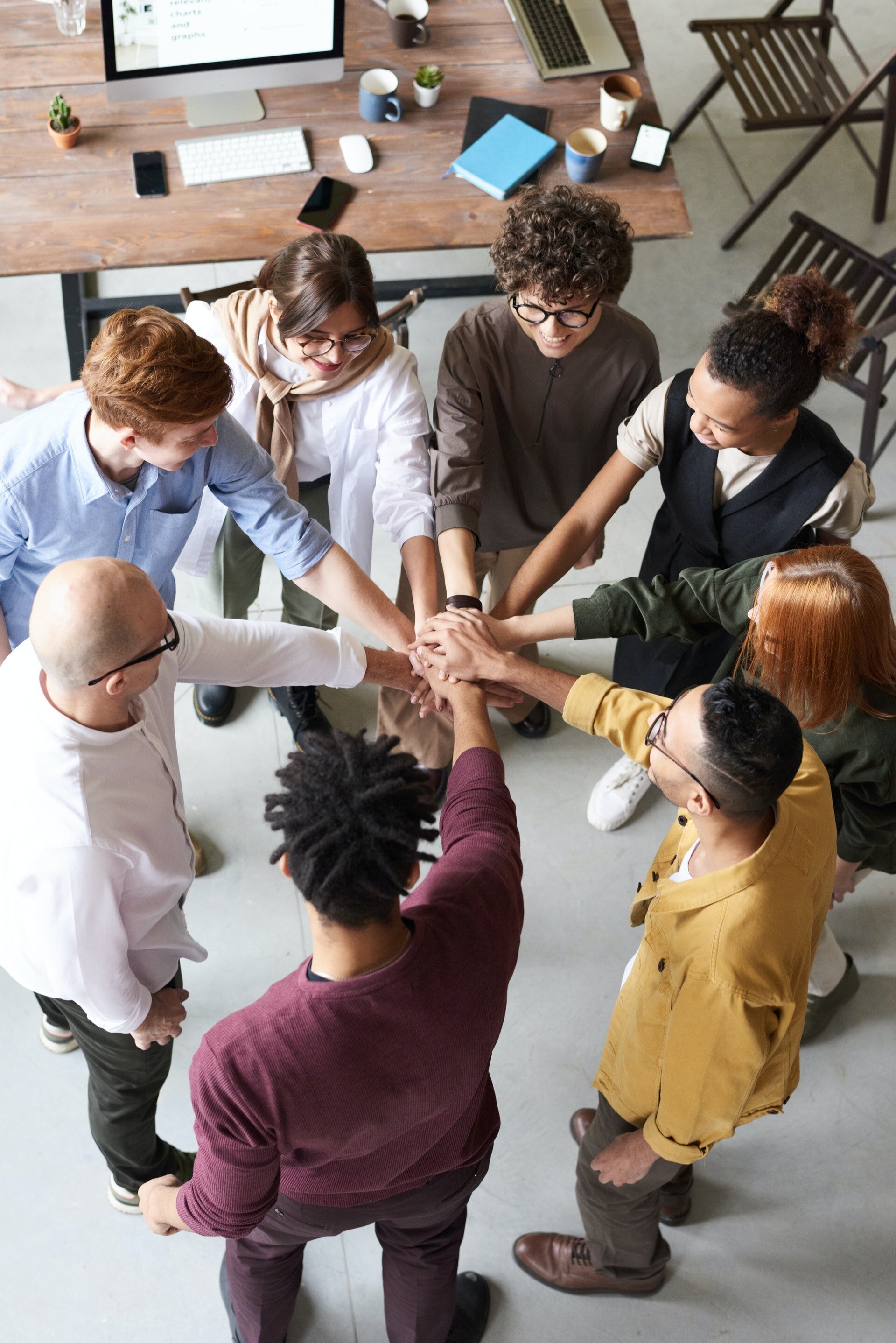
Client Services
Our Client Services component was established in 1975 and provides a variety of services through outreach, advocacy, and information & referral. Our staff work in conjunction with other agencies and organizations to help ensure that needs of disadvantaged individuals are met.
We conduct community needs assessments to identify gaps in services and look for innovative ways to meet those needs. We collect client demographic information and collect data from our programs and services to track success of our programs.
How Do I Seek Assistance?
We connect individuals with other in-house programs, as well. Should a person need additional assistance, we locate and coordinate the appropriate resources for them.
Please call 812-882-7927 for assistance.
Community Resources:
For assistance with food security, housing transportation, health needs, education and more in your community.
To find resources by zip code:
Call 211
Elder Care:
This link provides information regarding many aspects of elder care, including fraud, home care, legal assistance, and local resources.
National Human Trafficking Hotline:
Indiana is not immune to this issue; in 2021, the hotline received 467 calls from Indiana, 153 of which were from victims or survivors of human trafficking.
Alongside our community partners, we work to get the word out to anyone affected by trafficking and to help to get them to the resources above for assistance as needed.
Household Finance Tips
The following short video provides 8 tips for managing and saving money on a limited budget.
Lifeline Discounted Phone Service:
Lifeline program has provided a discount on phone service for qualifying low-income consumers to ensure that all Americans have the opportunities and security that phone service brings, including being able to connect to jobs, family and emergency services. Lifeline is part of the Universal Service Fund. The Lifeline program is available to eligible low-income consumers in every state, territory, commonwealth, and on Tribal lands.
Veteran Assistance:
If you are aware of a veteran facing eviction, housing instability or financial instability the Homeless Veteran Integration Program
maybe able to help.
Work Force Opportunities:
See below links for job opportunities in your area, as well with Pace CAA.
Landlord Mitigation Reserve:
The Landlord Mitigation Reserve (LMR) program is a partnership between IHCDA and the Division of Mental Health & Addiction (DMHA) with the shared goal to increase access to stable long-term housing for individuals in recovery from an opioid addiction who have a criminal record associated with their addiction.
The LMR program provides protection to landlords willing to reduce screening criteria to house program participants. Landlords in the program are eligible to be reimbursed for eligible expenses if the tenant violates their lease and/or causes damages.
Landlord Mitigation Reserve is not a rental assistance program and IHCDA does not conduct housing quality inspections. The program participant is responsible for identifying suitable housing. IHCDA collects information for interested landlords and when a participant is approved, IHCDA provides information for landlords in the area. The approved participant is not limited to the list of landlords provided and may share promotional materials with any prospective landlord.
When an approved participant leases up with an interested landlord, IHCDA collects additional information, and an addendum is added to the lease.
Personal Finance Assistance:
Khan is a trusted resource for many types of free training. This website allows people to look at several different types of training for different financial issues.
Free English Classes:
Indiana Homeowner Assistance Fund:
The Indiana Homeowner Assistance Fund program provides help for homeowners who are struggling to pay their mortgage, property taxes and other eligible home-related expenses.
Free Dental Care
If you are over 65 OR permanently disabled OR medically frail, follow the links for more information.
Health Insurance Navigator Services
Indiana Energy Saver Program
Discover smart ways to lower your energy bills and unlock savings with the Indiana Energy Saver Program—your guide to a more efficient, cost-effective home.
Military Family Relief Fund (MFRF)
The Indiana Department of Veteran Affairs is providing financial relief to families though their MFRF program. The MFRF is an emergency grant provided to veterans and their dependent family members who are experiencing financial hardships.

















